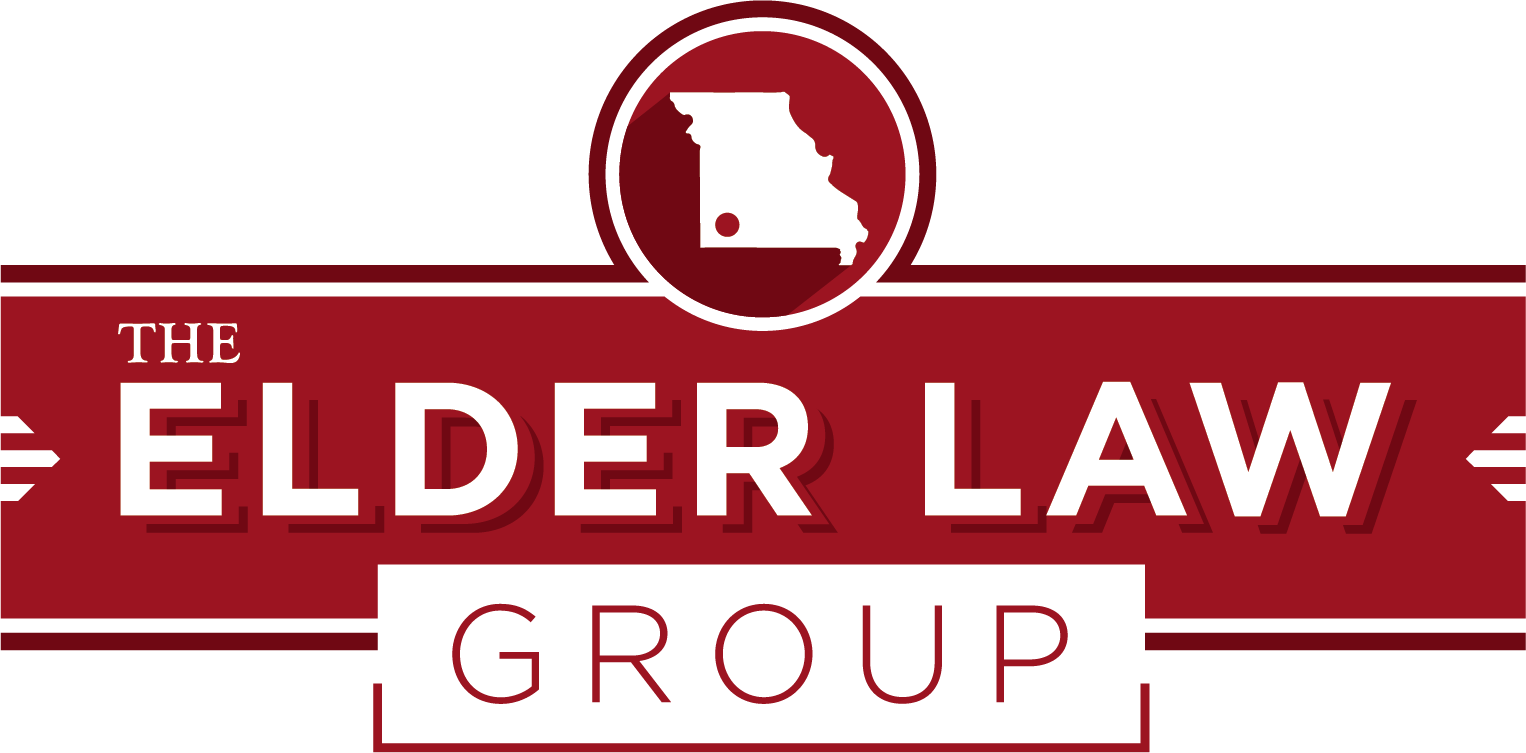The Perils of Do-It-Yourself (DIY) Estate Planning
When asked why they signed an estate plan, many of our clients respond that they wanted to make it easier for their family when our client passes away or becomes incapacitated. Do It Yourself (DIY) estate planning documents are readily available online as fill-in-the-blank forms but can do the opposite of making it easy for a person’s family upon that person’s death or incapacity. There can be a temptation to engage in Do It Yourself (DIY) estate planning to reduce price but, many times, DIY estate planning results in costs which far exceed the price of hiring an experienced attorney. The money you save in preparing your own estate plan can also result in substantially more time and headaches for your loved ones. In addition, the companies who provide DIY estate planning documents are not licensed attorneys and take no responsibility for their documents. Here are the top four reasons to hire a qualified attorney to prepare your estate planning documents:
Estate Planning is more than just a “Simple Will.”
Avoiding Probate Court is a primary reason many people sign an estate plan. One of the biggest myths we hear is that “A Last Will and Testament avoids Probate Court.” The truth is: A Last Will and Testament does NOT avoid Probate Court. A Last Will & Testament is an instruction to the Probate Court for assets that go into probate. During our initial consultation we work with our clients to understand their inheritance wishes and to educate clients on the necessary legal documents to accomplish those wishes. These documents often include a Durable Power of Attorney, Healthcare Power of Attorney, Advanced Directive (also called a Living Will or Physician’s Directive), Beneficiary Deed for Real Estate, and a Beneficiary Assignment of Personal Property. A Last Will & Testament does not avoid Probate Court.
Peace of Mind.
Your estate planning documents are not typically used until your incapacity or death – a time when those documents can no longer be updated or corrected. Defective DIY estate planning documents are often not discovered until the person who created them is incapacitated or deceased. In other words, defective estate planning documents are often not discovered until it is too late to fix the defects. We have seen many horror stories at our firm when loved ones discover the DIY estate planning documents prepared by their family member are ineffective, resulting in costly guardianship and/or probate. We then must provide the bad news that the documents are defective and it is too late to correct them. These are difficult and emotional conversations that can be avoided with a properly drafted estate plan. When you hire a qualified attorney, you are paying for more than just the paper you sign: you are paying for years of education and experience to ensure your estate plan is valid and will carry out your wishes.
Cost.
The low price point of DIY estate planning can be tempting, but the high price of DIY estate planning will be paid by your loved ones upon your incapacity or death through guardianship, probate, and/or litigation. The cost for an estate plan varies based on complexity, family dynamics, and inheritance wishes, but the cost to hire a qualified attorney is almost always lower than the (ultimate) cost of DIY estate planning. Our estate plans are completed on a flat fee basis so, after the initial consultation, our client knows exactly how much their personally tailored estate plan will cost. Defective DIY estate planning documents often result in court involvement (guardianship, probate, or litigation) where attorneys charge hourly and the ultimate cost is unknown until the conclusion of the matter.
Relationship.
When you hired an experienced attorney, you also establish a relationship with a law firm and a licensed attorney who is a phone call away should you have any questions. These questions can range from whether changes in life circumstances necessitate a change to your estate planning documents, a reminder of how assets need to be titled to avoid probate, and (ultimately) a point of contact for your family upon your death or incapacity. This valuable relationship cannot be duplicated through online DIY forms printed by your computer.
Ultimately, the perceived cost-savings of DIY estate planning is not usually worth the risk that the documents are incomplete, inaccurate, or ineffective. The attorneys at The Elder Law Group are experienced in estate planning and can meet with you and your family to tailor a plan specific to you. Contact us today at 417-708-2044 or info@TheElderLawGroup to schedule a consultation.

